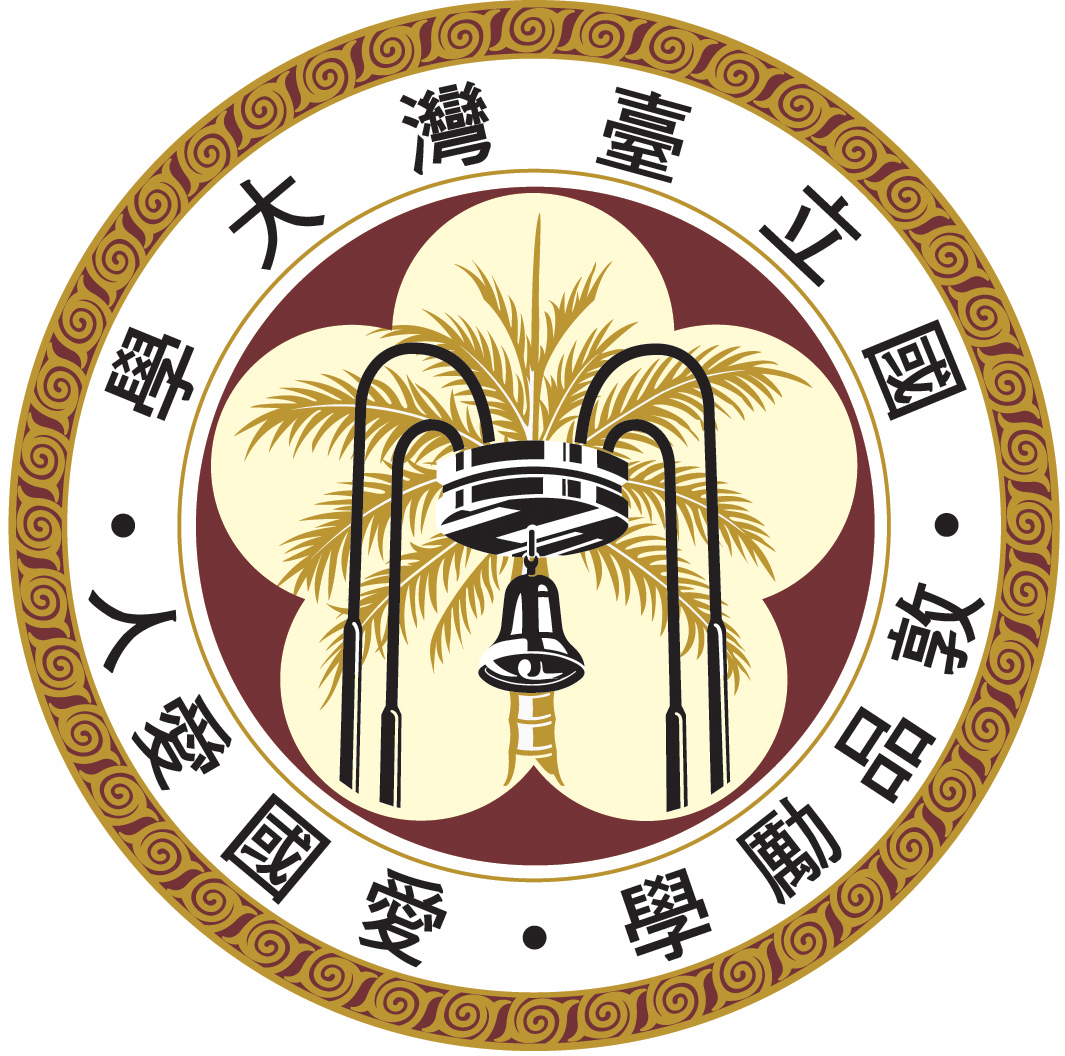Hsien-Ho Lin trained in medicine and epidemiology. He is a Professor and Director of the Institute of Epidemiology and Preventive Medicine in NTU. His research focuses on infectious diseases epidemiology, especially tuberculosis. He is also involved in the National Burden of Disease study in Taiwan and other research in the field of global health.
Our lab comprises master's students from the Institute of Epidemiology and Preventive Medicine (EPM) and the Global Health Program at NTU, alongside PhD students and research assistants in EPM. Focused on diverse research topics within Epidemiology and Global Health, our lab members primarily engage in studies exploring risk factors and transmission dynamics of infectious diseases through statistical analysis or mathematical modeling. Additionally, several lab members actively participate in the National Burden of Disease study at the Taiwan Burden of Disease Center.
My research interest involves using epidemiological studies to assist control and prevention of tuberculosis. I have been studying risk factors of tuberculosis, including active smoking and passive smoking, indoor and ambient air pollution, alcohol use, and diabetes, using population-based cohort studies and meta-analysis. Building on evidence from these epidemiological studies and epidemic theory of infectious diseases, I am investigating population-level impact of changing risk factors on future tuberculosis epidemiology, the interaction between chronic disease epidemiology and tuberculosis epidemiology, and methodological issues when conducting such studies. I also used epidemic models to assess the potential impact of tuberculosis interventions that are being considered by policy makers, including new diagnostics (e.g., LED microscopy, Gene Xpert MTB/RIF) in developing countries and tuberculosis control programs (active case finding and treatment of latent tuberculosis infection) in Taiwan. Our team is currently conducting a large population-based tuberculosis cohort study combining whole genome sequencing, routine public health information, and geographic information system to understand the transmission of drug-susceptible and drug-resistance tuberculosis in Taiwan. We also involved in investigating the transmission dynamics of COVID-19 and evaluating the effectiveness of case-based and population-based interventions for COVID-19 in Taiwan. I am also interested in applying the framework of Comparative Risk Assessment and have extended it to a time-based approach when we evaluated the impact of respirable pollutants on major lung diseases in China.
| 2011 | Outstanding overseas young scholar award, Foundation for the Advancement of Outstanding Scholarship |
| 2014 | 2014 Ten Outstanding Young Persons of Taiwan |
| 2016 | Junior Research Investigators Award, Academia Sinica, Taiwan |
| 2017 | 27th Chin-Hsin Medical Award, Chin-Hsin Foundation |
| 2017 | Young Scientists Prize, 12th TienTe Lee Biomedical Award |
| 2018 | Outstanding Research Award, Ministry of Science and Technology |
| 2021 | Outstanding Research Award, Ministry of Science and Technology |
| 1994-2001 | M.D., National Taiwan University, Taiwan |
| 2002-2003 | M.P.H., International Health, Harvard University, U.S.A. |
| 2005-2009 | Sc.D., Epidemiology, Harvard University, U.S.A. |
